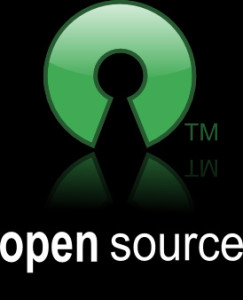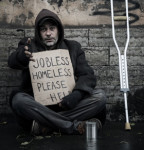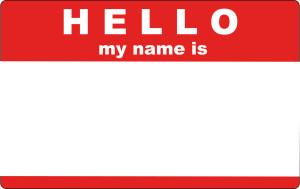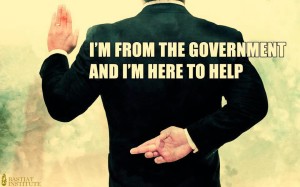By: Paul Rosenberg, Freemansperspective.com
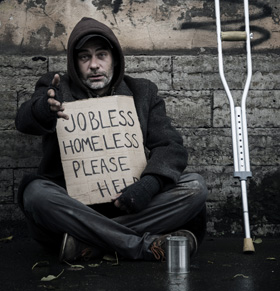
I see you standing here, asking for help, about once a week. You are always polite, and I respect that. I’d like to do something for you… something that would matter long-term. Giving you a few notes or coins now and then may be fine, but I’d really like to improve your situation more permanently.
In other words, I’d like to give you a job.
I used to hire people, and I especially liked hiring people who had been denied breaks. I did that whenever I could. If you and I could be transported back in time, I’d hire you. And I’d feel good about it, because I think having a job would do you a lot of good.
That fact is, however, that I can’t hire you, and I’d like you to know why.
I used to run my own contracting firm. I enjoyed the work and I liked being able to drive past a building and say, “I made that.” Having employees, however, was torture. I liked having them in some ways, of course – I liked the guys and it made me happy to see them take care of their families with paychecks that I signed. That was very gratifying. But it wasn’t enough, and there are three reasons why:
#1: Making Payroll
My first problem was simply cash flow. I was solely responsible for having enough money in the bank every week, and that could be nerve-wracking, especially when customers weren’t paying their bills on time. It’s not fun to think that a family won’t be able to buy groceries if you can’t collect your invoices.
Still, that part didn’t cause me to give up on employees. It was hard, but so long as my employees were working, we were making money, so there was always something coming in at some point. Somehow, I was able to pull it off.
#2: Being Hated
Over time, some of my employees became jerks. This seemed to grow from envy and from stupid ideas about labor versus management. These guys decided that I was getting rich off of them, and demanded I pay them more – more than they deserved and more than the company could afford.
And the really nasty part was this: It was always the guys I had done the most for who hated me most. And as soon as I sat down with them and explained why I couldn’t pay them more, they started stealing from me.
I fired the thieves, of course, but these experiences really soured me on employees. I had not only given these guys a job, but I had legitimately felt good about helping to feed their families. In return, they hated me, called me names, and stole from me.
By itself, that was almost enough to make me swear off employing people, but not quite.
#3: The IRS
What really drove me over the edge was dealing with the government and the IRS in particular. They were abominable.
I had to file forms with every payroll, and if anything on them was wrong, they penalized me – heavily. And if I paid them a single day late, they penalized me – heavily. And if they said I did something wrong – even if I didn’t – there was no way to change their verdict. Reason and evidence simply didn’t matter.
I eventually talked to a tax lawyer who explained the situation to me. He said:
Forget about fighting, Paul. There is no ‘innocent until proven guilty’ in tax court. You’re automatically guilty, and you have to try to prove yourself innocent… which is very hard and very expensive. Just pay them. I know you hate that, but you have no other choice. Fighting them would ruin you.
It wasn’t just the money that got me about this – it was that they were nasty, arrogant, heartless tyrants. Having the facts on my side didn’t matter. Intelligent arguments didn’t matter. Either I paid what they demanded or they would hurt me worse.
In many ways, it wasn’t much different than the local gang of street thugs demanding protection money.
So, that’s why I can’t hire you: Having employees locked me into a single role in life, that of a despised slave. When I finally realized that, I walked away.
I was lucky that I had the ability to move into specialties and to thrive in difficult niches; other guys probably couldn’t have.
So…
What I really want you to know is this:
I’d like to help you. You deserve a chance at a decent job. I’d like to be the guy who gave it to you, but the system demands that I must live as a slave in order to do so. And I won’t do that.
I very much wish that things were different, and I feel sorry every time I drive by that I can’t hire you. But I would never ask anyone to live as a slave, and I won’t live that way myself.
I wish you well, and if life in these parts should ever pull back from the present reign of oppression, I hope to run into you. And on that day, I hope to either hire you or do business with you.
We would both have much to gain from it.
Paul Rosenberg
[Editor’s Note: Paul Rosenberg is the outside-the-Matrix author of FreemansPerspective.com, a site dedicated to economic freedom, personal independence and privacy. He is also the author of The Great Calendar, a report that breaks down our complex world into an easy-to-understand model. Click here to get your free copy.]
